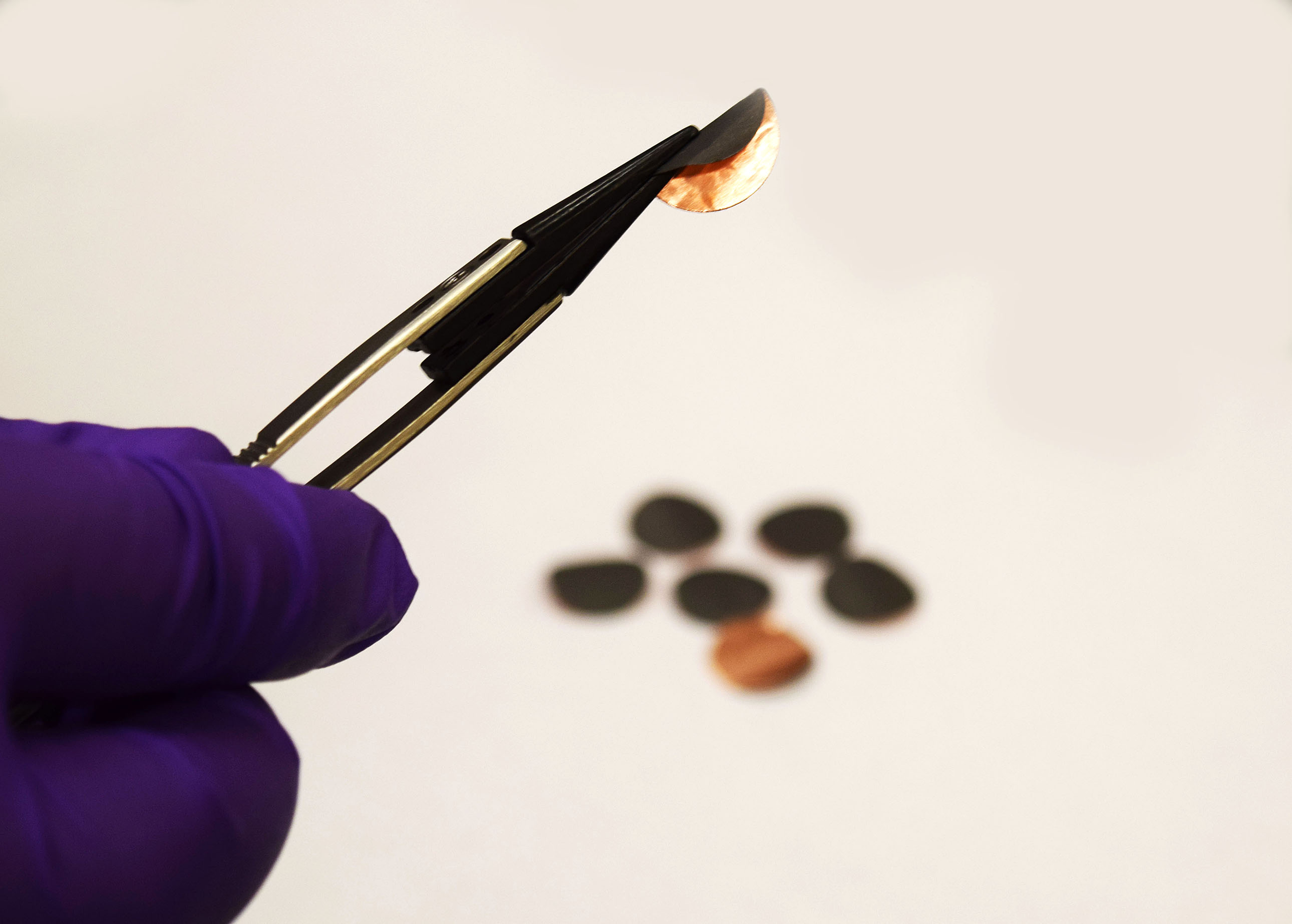
If you’re frustrated by the fact that electronic gadgets continue to get more sophisticated but your smartphone battery still can’t seem to last a full day, then new research from Purdue University could offer some relief. Chemists there have developed a new method for designing lithium-ion batteries which could make them last longer and charge faster.
The amount of charge held by a battery is dependent on the number of lithium ions it can store. Graphite is used for batteries even though other materials can hold more lithium ions because these other materials are too heavy to be practically usable. To make a more efficient battery, the researchers used an element called antimony to create a net structure called a “nanochain.”
When compared to graphite electrodes, nanochain electrodes had twice the lithium-ion capacity. And the effect lasted over the long term, as the capacity remained for 100 cycles of charging and discharging. “There’s essentially no change from cycle 1 to cycle 100, so we have no reason to think that cycle 102 won’t be the same,” Vilas Pol, one of the authors of the study and an associate professor of chemical engineering at Purdue University, explained in a statement.

Similar materials have been used in the past to expand battery capacity, but these materials can be dangerous as they can expand by up to three times. “You want to accommodate that type of expansion in your smartphone batteries,” Pol said. “That way you’re not carrying around something unsafe.”
To allow for expansion of the material, the scientists applied chemical compounds including a reducing agent and a nucleating agent. These create pores within the nanochain which make space for expansion and prevent electrodes from failing. The next step is for the researchers to try scaling up the design to the size of a phone battery.
The findings are published in the journal Applied Nano Materials.



